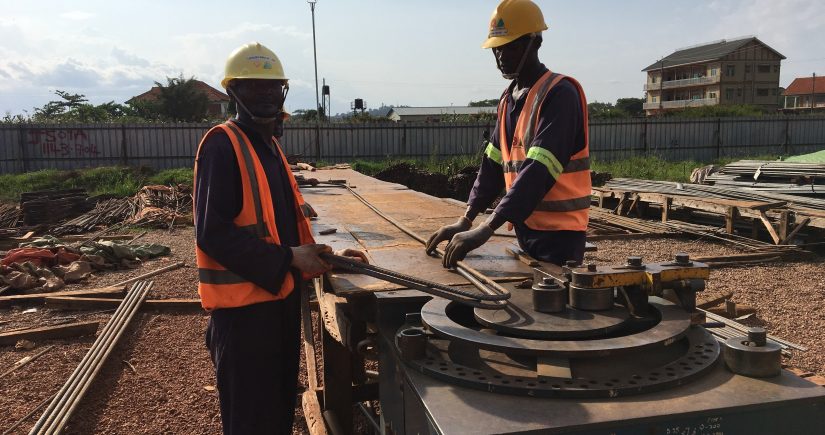In August CoST Uganda launched its first Assurance Report, assessing infrastructure information disclosure from five major road sector projects in Uganda. The report finds that disclosure from the procuring entities of these projects was insufficient – on average disclosure was just 50% of the information required by the CoST Infrastructure Data Standard. The remaining information was later disclosed but only once a request was made by the CoST Uganda Assurance Team.
The current legal framework relating to disclosure on public infrastructure projects in Uganda requires just 12 data points to be disclosed on infrastructure projects rather than the 40 specified by the Infrastructure Data Standard, helping to explain why disclosure on the five projects was so low.
“The Assurance Report is an excellent start to help enhance infrastructure transparency and accountability in Uganda, but it demonstrates that there is much to be done”, said Mr Giles Odongo, representative for the Ministry of Works and Transport at the press launch of the report. He continued, “The report comes at an opportune time as our procurement law is in process of being amended and so the recommendations outlined can be taken onboard.”
Representatives from the procuring entities and Mr John Hawkins, Head of Programmes at CoST International Secretariat also spoke at the press launch. Mr Hawkins outlined the key areas of concern identified by the report, including projects exceeding their budget and timeframe, amendments being made to their original scope, challenges faced in obtaining approval for land acquisition, and a lack of control processes to ensure quality construction and the health and safety of workers.
Among its recommendations, the report prioritises the adoption of the CoST Infrastructure Data Standard and the need for Uganda to put in place policies which address compensation for citizens affected by an infrastructure project, especially those found on locally-funded projects.
The report also makes recommendations to the procuring entities of the road projects including, increasing awareness and engagement within the community on the economic benefits of the projects and to put in place health and safety measures for workers, by providing amenities and equipment such as gloves, first aid equipment, drinking water, shelters and toilets.
The Assurance Report forms a key part of the CoST Assurance Process which helps to interpret disclosed information on specific public infrastructure projects and to deliver key messages on these projects to the public, all with the overall objective of increasing transparency and ensuring policy makers can be held to account.
Assurance reports from other CoST countries have had positive impacts – reports from Ethiopia, Guatemala, Honduras and Malawi have encouraged government action and the improvement of infrastructure design and practices, information management and the reduction of environmental hazards.
Useful Links
Click here to download the Assurance Report
Click here for further information on the Assurance process
Click here to read more about CoST Uganda
Click here to access the CoST Infrastructure Data Standard
